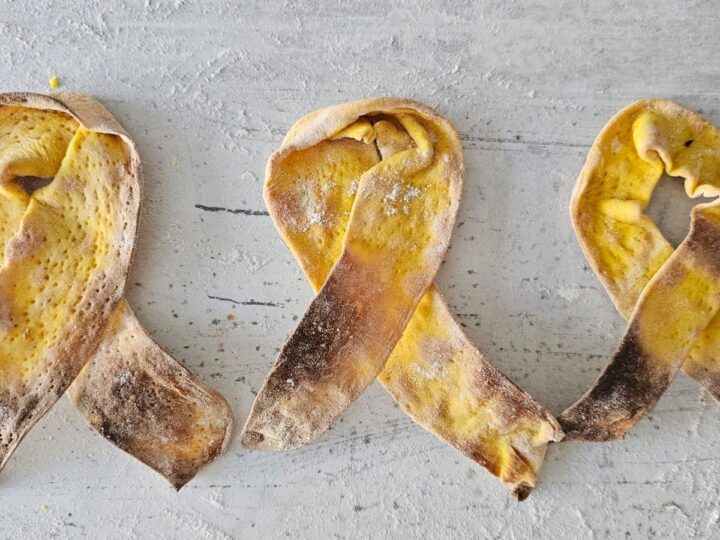“Making the desert bloom” is not just a cliché – it is the reality of what Israeli farmers have accomplished, against all odds, in less than a century.
Despite frequent droughts, scarce and poorly distributed rainfall, sandy soil and arid conditions in much of the country, Israel has become the Middle East’s breadbasket through ingenious agricultural technologies such as micro-drip irrigation and reusing treated wastewater for growing crops.
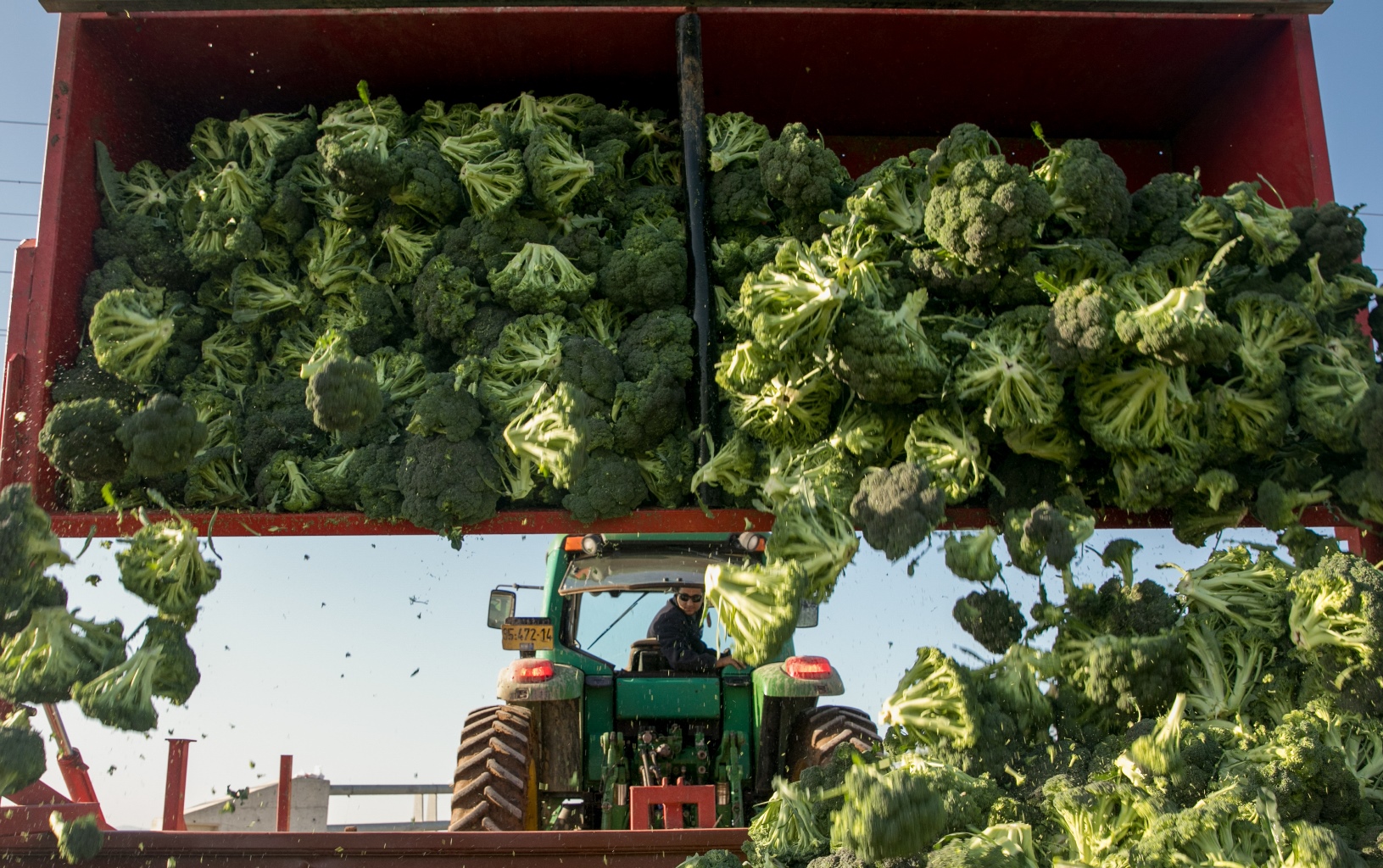
Israeli agronomists have developed many improved types of crops as well as seeds that withstand diseases, harsh conditions and brackish water.
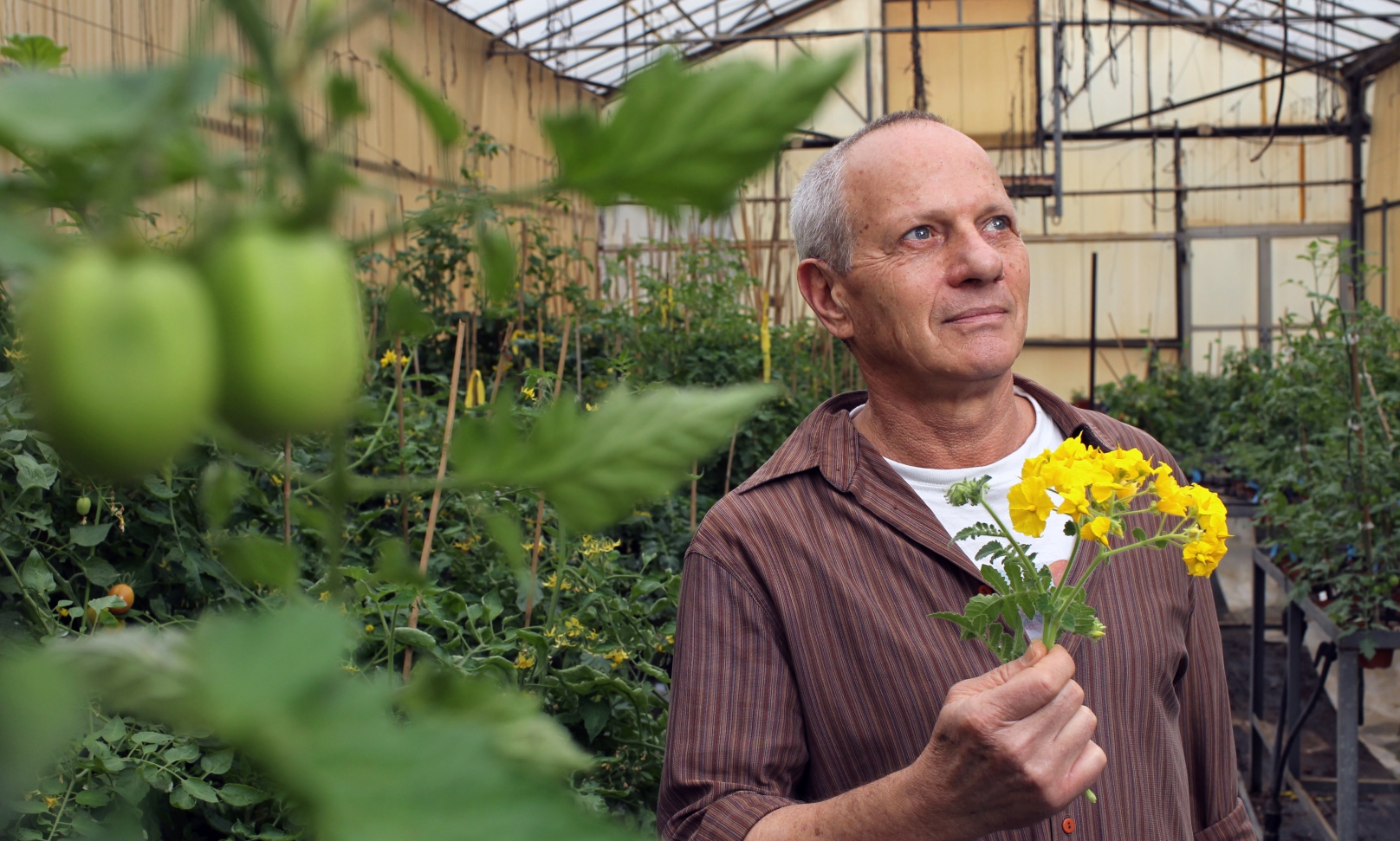
The main vegetables grown in Israel are tomatoes, cherry tomatoes, peppers, herbs and melons.
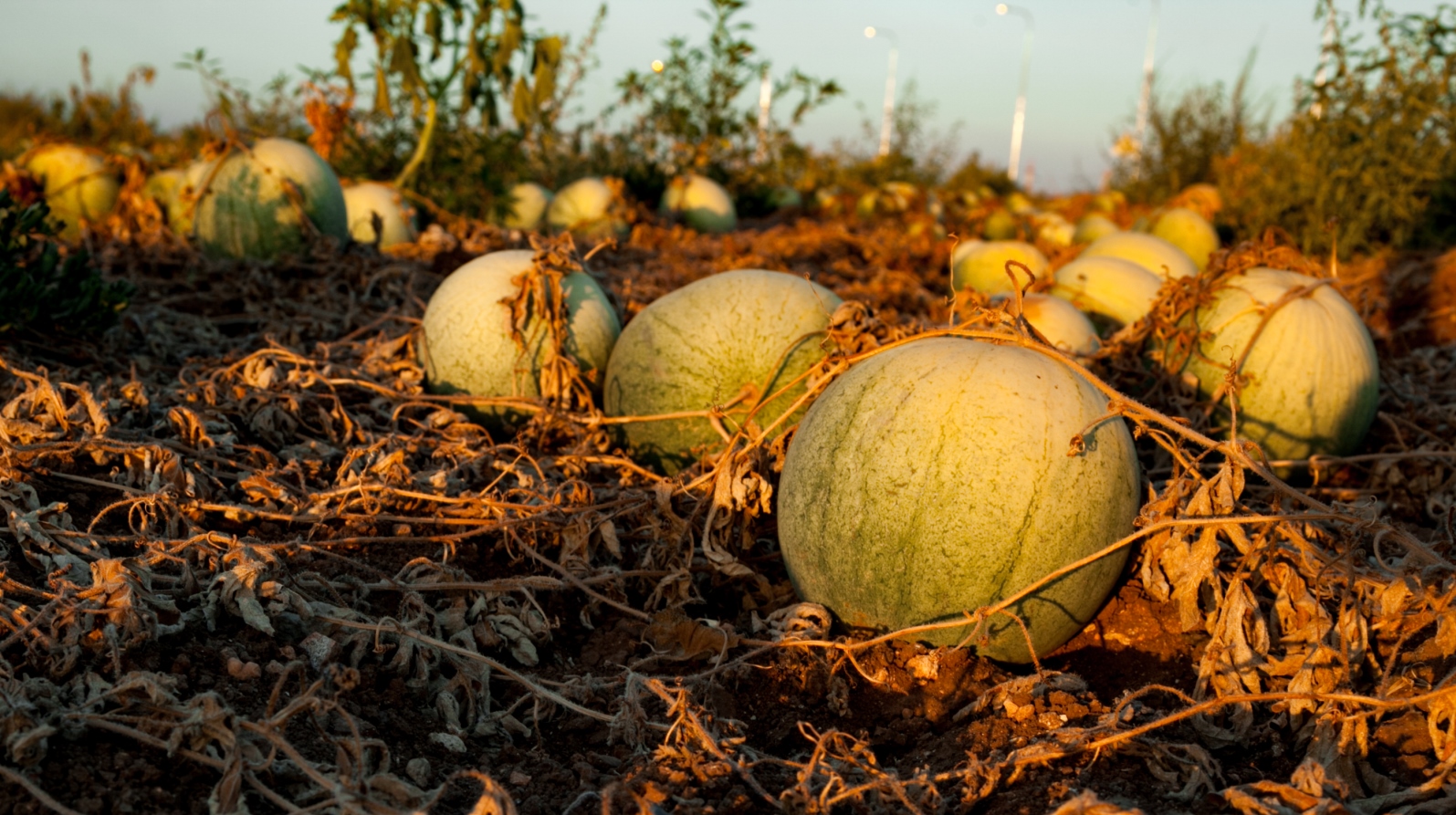
The main field crops in Israel are wheat, sunflowers, groundnuts and chickpeas.
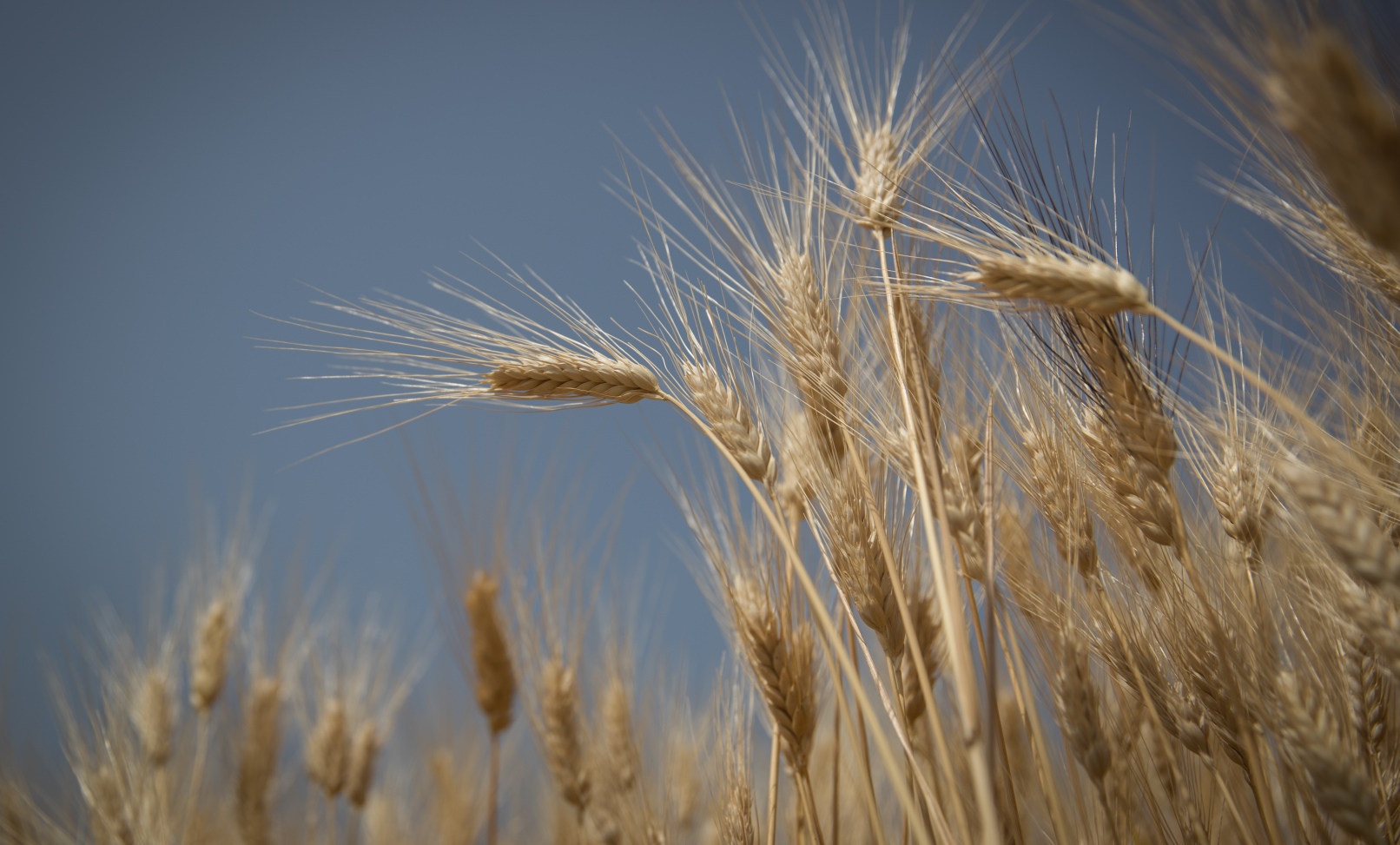
Apples, grapes, peaches, mangos, plums, pears and apricots are the top fruits, along with mandarins, oranges, grapefruits and lemons.
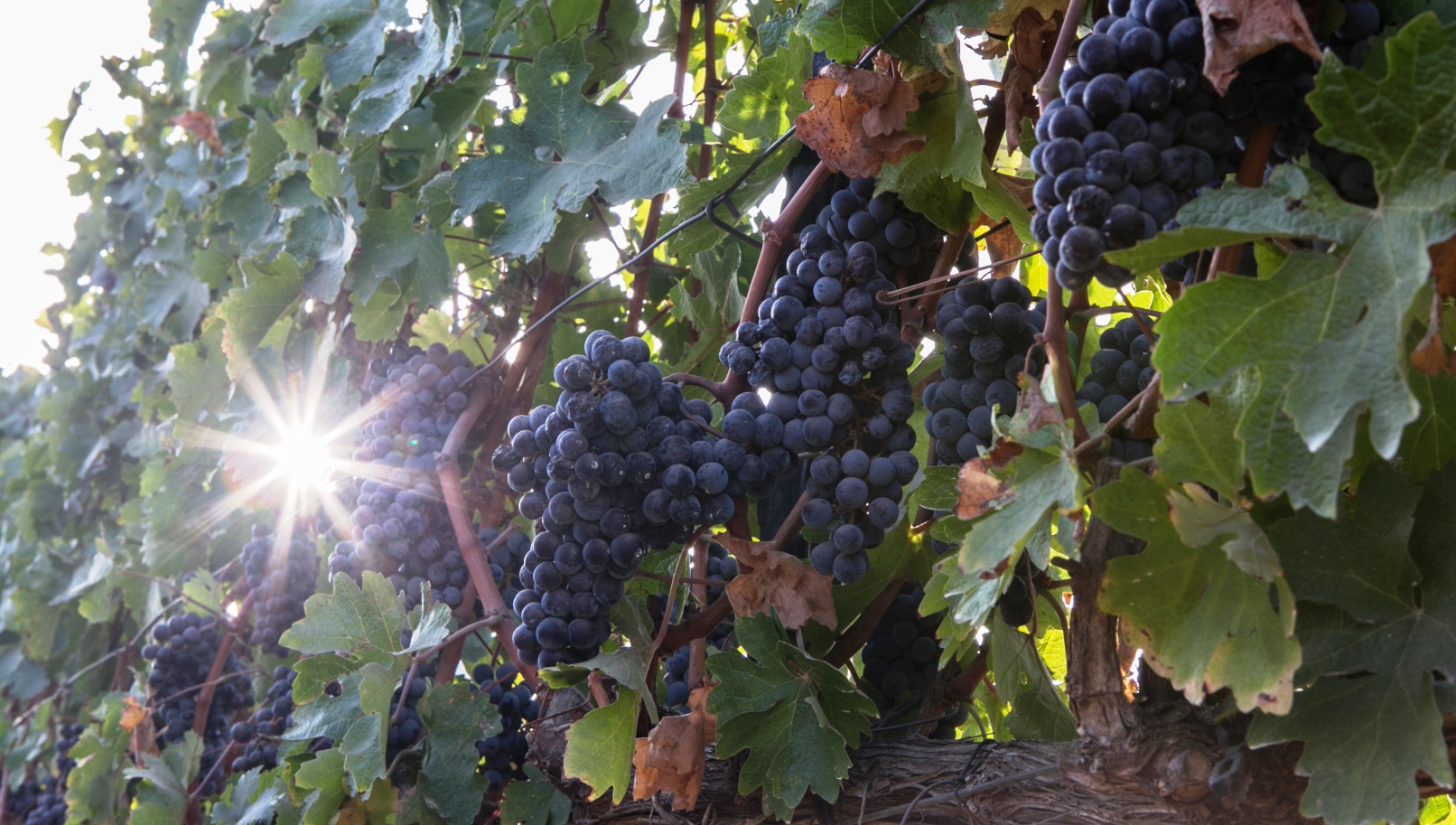
Israel’s organic farmers are focused mainly on potatoes, carrots, peppers, avocados and citrus fruit.
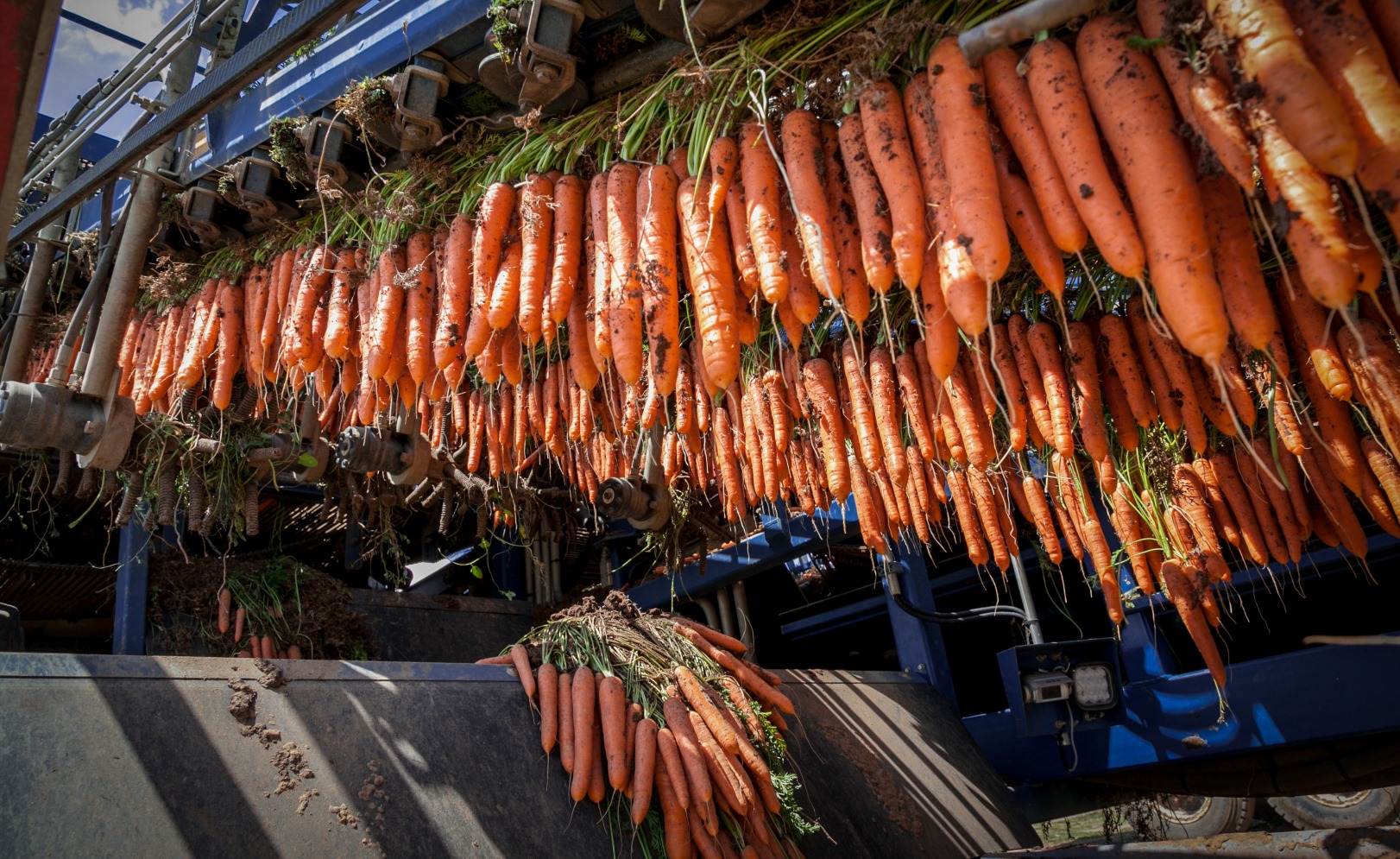
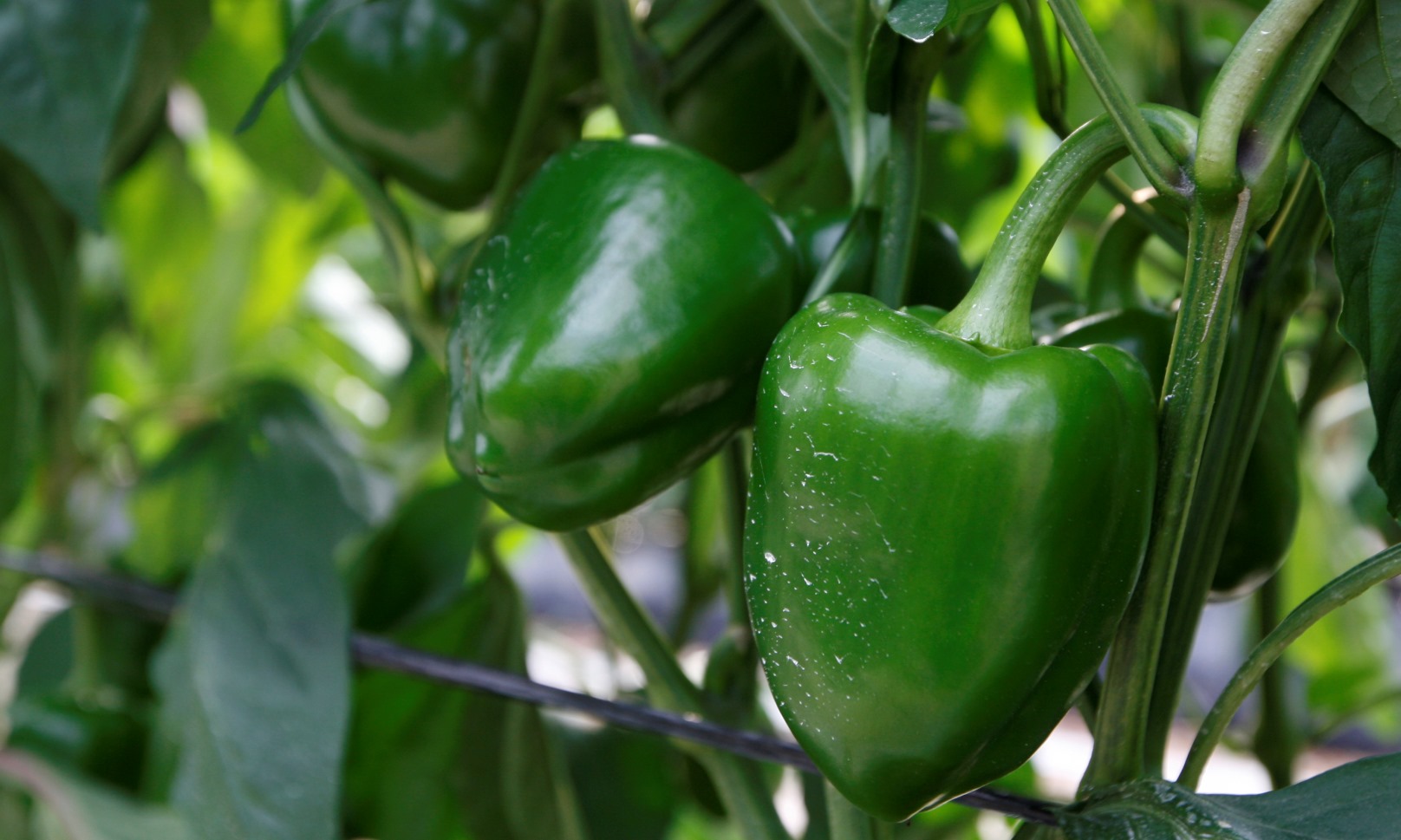
Today, Israel produces about 95 percent of the crops needed for domestic consumption. Much of the bounty, as well as agricultural technologies and expertise, is exported to other countries and shared with developed and developing nations.
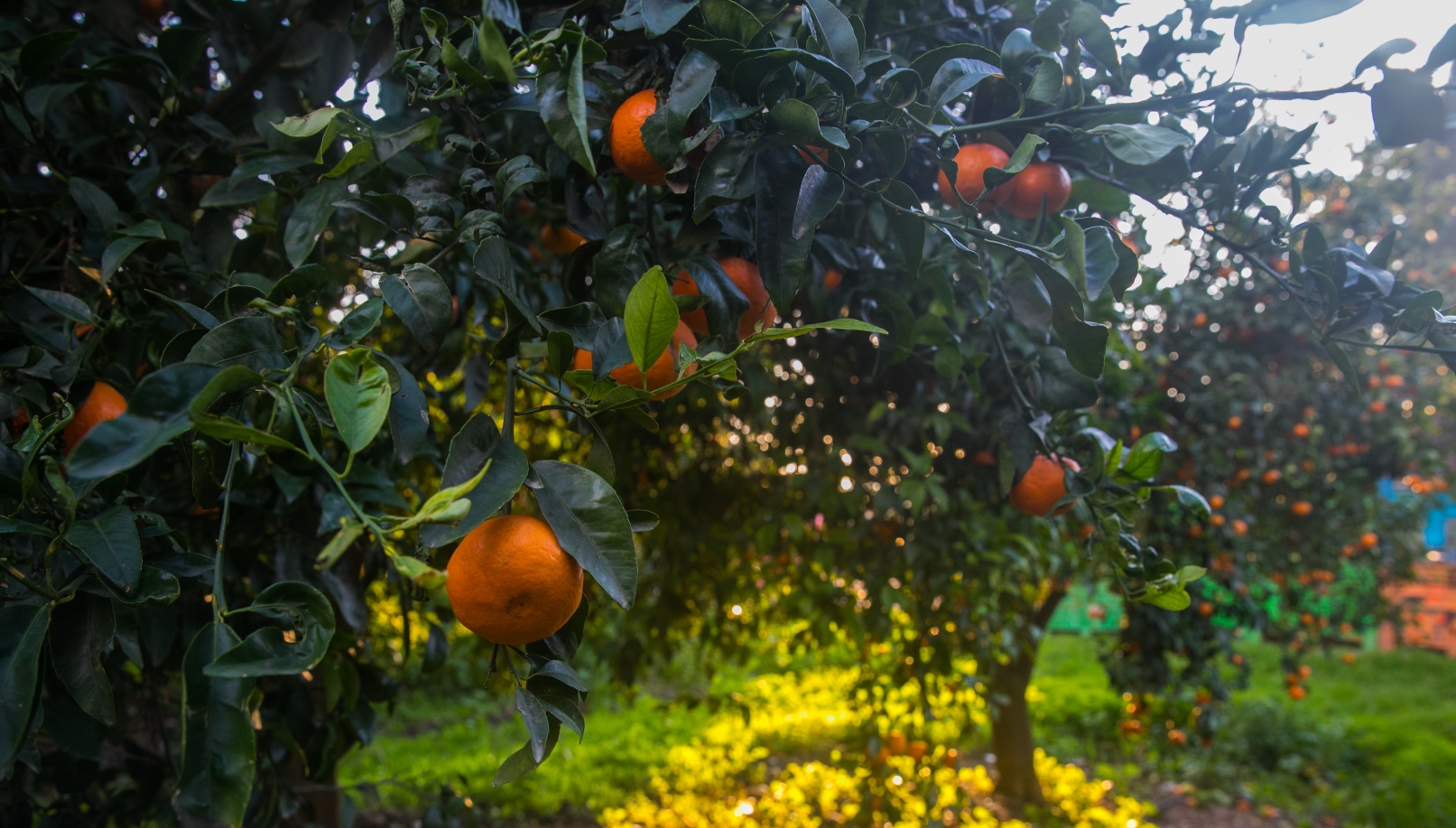
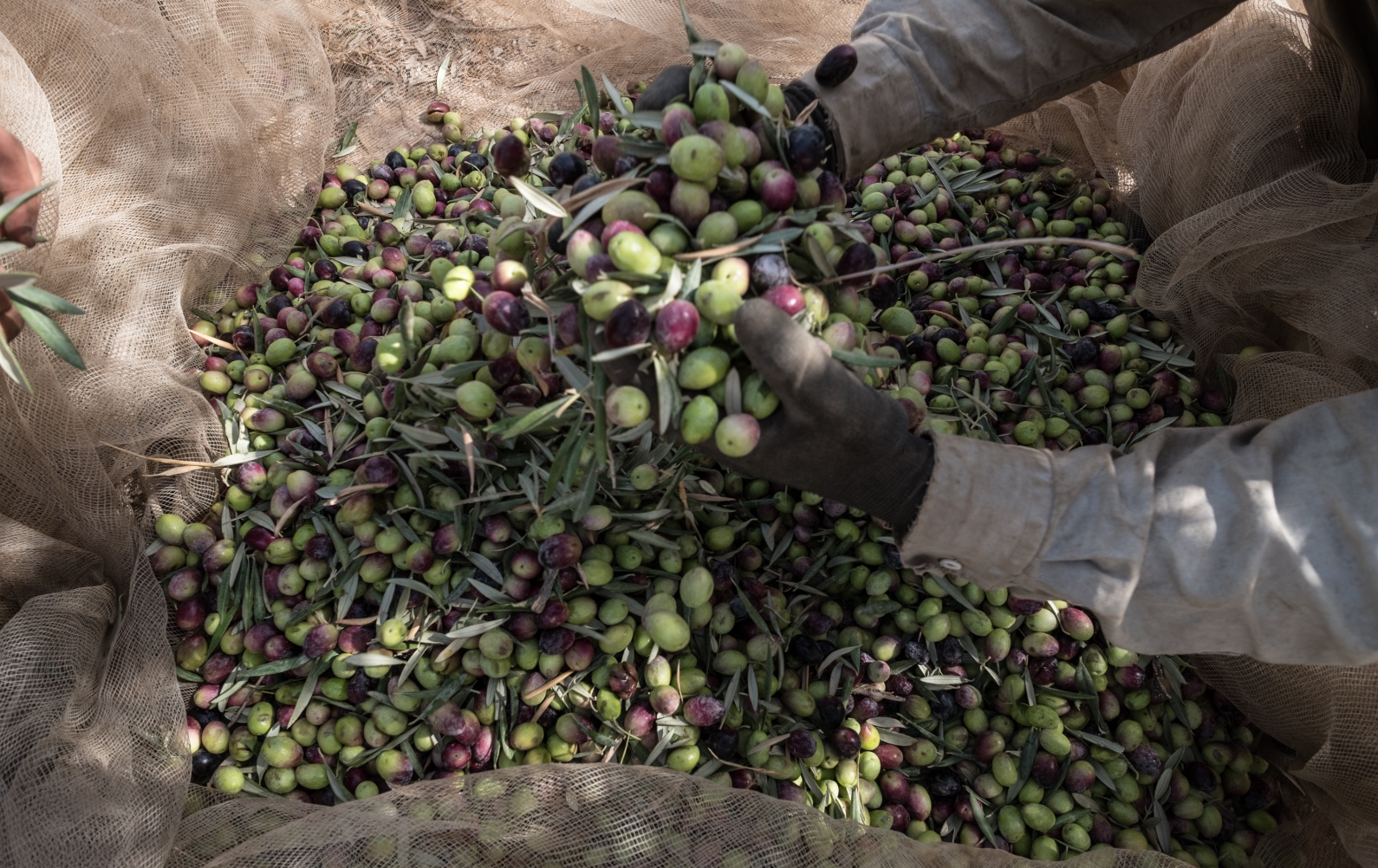
Fighting for Israel's truth
We cover what makes life in Israel so special — it's people. A non-profit organization, ISRAEL21c's team of journalists are committed to telling stories that humanize Israelis and show their positive impact on our world. You can bring these stories to life by making a donation of $6/month.







